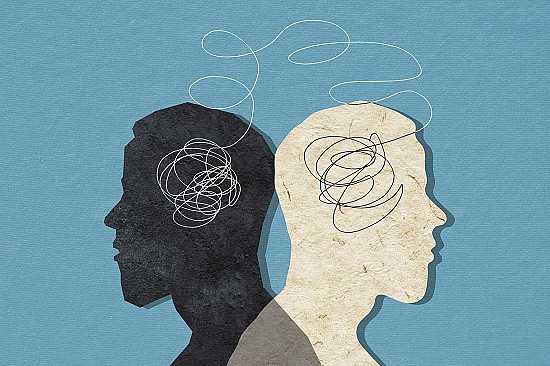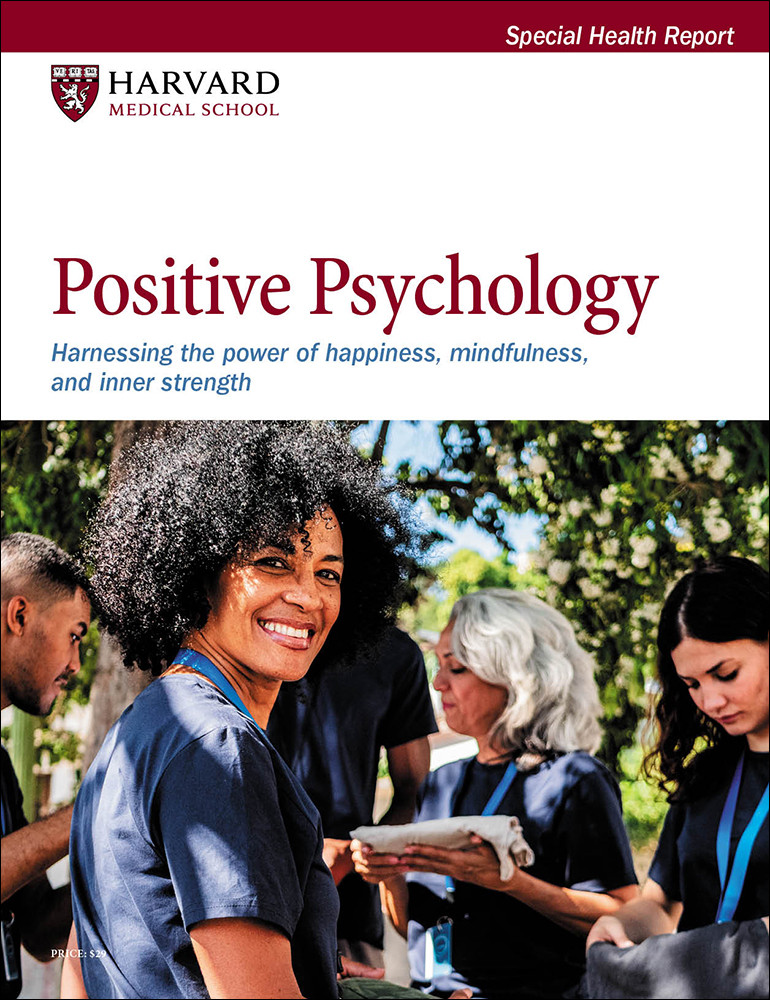Social challenges such as isolation linked to earlier death
Research we're watching
- Reviewed by Toni Golen, MD, Editor in Chief, Harvard Women's Health Watch; Editorial Advisory Board Member, Harvard Health Publishing; Contributor, and
- Hope Ricciotti, MD, Editor at Large, Harvard Women's Health Watch

Our physical health likely isn't the only factor that contributes to how long we live. Social aspects of older adults' lives may influence their longevity, a new study suggests.
In the Harvard-led study, published online Feb. 7, 2023, by Proceedings of the National Academy of Sciences, researchers interviewed 8,250 adults ages 65 and older. Within the next four years, 22% died. The researchers found that eight of 183 possible factors more strongly predicted participants' deaths within those four years. Those factors included feeling isolated; meeting with their children less than once a year and not being active in their lives; living in an unclean neighborhood; feeling little control over their financial situation; not working for pay; not volunteering; and being treated with less courtesy or respect.
The results suggest that social lives are as important as medical conditions in helping predict how long someone will live, the study authors said. They developed a 10-question survey using age, gender, and social characteristics to predict longevity that could identify people who might benefit from measures to address social challenges affecting their health.
Image: © Cecilie_Arcurs/Getty Images
About the Author

Maureen Salamon, Executive Editor, Harvard Women's Health Watch
About the Reviewers

Toni Golen, MD, Editor in Chief, Harvard Women's Health Watch; Editorial Advisory Board Member, Harvard Health Publishing; Contributor

Hope Ricciotti, MD, Editor at Large, Harvard Women's Health Watch
Disclaimer:
As a service to our readers, Harvard Health Publishing provides access to our library of archived content. Please note the date of last review or update on all articles.
No content on this site, regardless of date, should ever be used as a substitute for direct medical advice from your doctor or other qualified clinician.
















